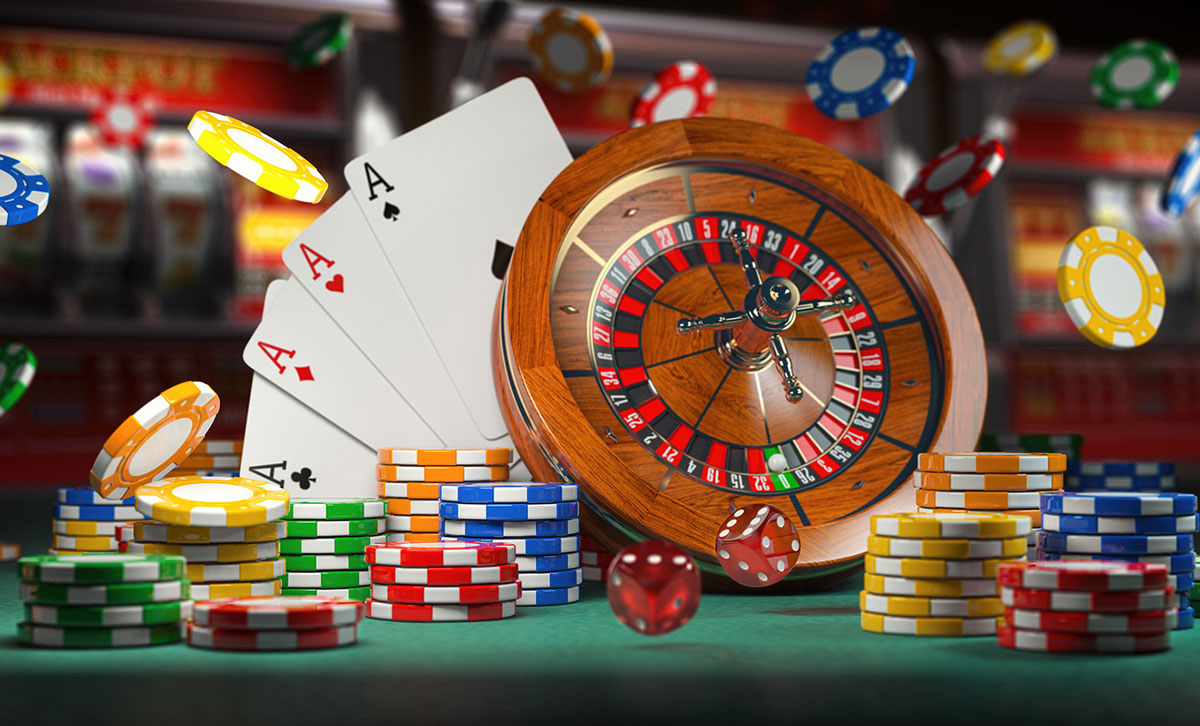
Gambling games have long been linked with the rush of chance and the excitement of luck. Many players arrive at a casino with the belief that their success is contingent solely on chance occurrences. However, a deeper exploration reveals that these games encompass much more than just the factor of luck. Understanding the mechanics, tactics, and human psychology behind casino games can greatly enhance the satisfaction and improve one’s chances of winning.
On the other side of the alluring sounds of rotating slots and rolling dice, casino games involve a complex mix of talent, methodology, and judgment. Whether you are participating in blackjack, poker, or even baccarat, knowing the strategies can significantly influence the outcome of the game. Moreover, the mindset of the gamblers and understanding the odds behind each game can shift the scales of success away from mere luck. By understanding these layers, players can appreciate casino games as a blend of enjoyment and minigame, transforming their viewpoint from one of passivity to one of active engagement.
The Psychology of Gambler’s Behavior
Grasping the psychology of gambling reveals that player behavior is driven by far more than mere luck. The thrill of taking risks, immediate reinforcement, and the potential for achieving large sums can create a powerful emotional experience. Numerous players find themselves captivated by the thrill, which can lead to a cycle of increased betting and risk-taking, often fueled by a hopeful optimism that colors their perceptions of success probabilities.
Another key element of the psychology of casino games is the illusion of control. Numerous players feel that their decisions, such as the selection of games or wagering strategies, can significantly influence the outcome. Such a belief can enhance their engagement and enjoyment, but it also adds to persistent gambling behavior, as players often ignore the role of randomness in these games. The excitement derived from making choices gives players a feeling of involvement, which can be misleading in terms of understanding the true odds involved.
Additionally, the environment of the casino plays a crucial role in influencing a gambler’s experience. Factors like illumination, sounds, and the presence of fellow gamblers create a stimulating atmosphere that reinforces the thrill of the game. This thoughtfully crafted environment can lead gamblers to lose track of time and money spent, as they become enveloped in a sensory experience that heightens their emotional investment. Recognizing these psychological dynamics is essential for understanding why casino games entice players and keep them coming back for more.
Expertise vs. Chance in Casino Games
In the world of gambling games, the debate between skill and chance is a prominent one. Many players think that luck is the primary factor, especially in activities like slots where results are random. However, there are activities that clearly demonstrate the significance of skill, such as Texas Hold’em and 21, where players can apply tactics and choices that affect their overall success. Understanding the dynamics and nuances of each game can greatly affect a player’s outcome and success.
The importance of skill becomes apparent when considering the various strategies accessible to players. In games like Texas Hold’em, for example, players must analyze their rivals, assess probabilities, and make educated decisions based on their hand and the community cards. This depth of strategy demonstrates how skilled players can consistently defeat novices, proving that success is not solely based on chance but rather on the use of knowledge and experience. Similarly, in 21, players can use techniques like counting cards to gain an edge over the casino, further illustrating the importance of skill.
On the flip side, luck cannot be completely disregarded in any casino game. While expertise can improve a player’s chances of success, unpredictable results still play a crucial role. Even the best tactics can break down due to the random nature of card draws or spins. This interaction between skill and luck creates a dynamic gaming environment where players must adapt and respond to unpredictable events while also utilizing their abilities. Ultimately, effective casino gaming is a mix of both elements, contributing to the intricacy and excitement of the experience.
Strategies for Success
To excel in gaming, players must comprehend the value of developing a plan tailored to the distinct title they are playing. Each title has its specific set of guidelines, chances, and intricacies that demand a thoughtful method. For instance, in titles like poker, players can utilize techniques such as probability assessment to make smarter decisions and improve their potential of success. Grasping the likelihoods and returns associated with various games can enable players to make wiser choices and enhance their general gaming experience.
Money management is another essential strategy that cannot be missed. Players should set a financial limit for their gaming sessions and commit to it. This guarantees that they do not overspend and helps maintain a degree of oversight over their gaming activities. Deciding in advance what to stake and when to walk away can prevent emotional decisions that often lead to major setbacks. Effective bankroll management allows players to savor gaming without the anxiety of overextending financially.
In conclusion, drawing lessons from gameplay and watching other players can provide insightful understanding. UK casinos not on GamStop Many successful players dedicate time reviewing not only their self-play but also that of others. This scrutiny can expose new methods and methods, ultimately resulting in better decision-making. Participating in self-reflection after gaming sessions helps players recognize what worked and what didn’t, enabling them to refine their strategies over time. By combining insight, self-control, and observation, players can boost their probability of triumph in gambling.
